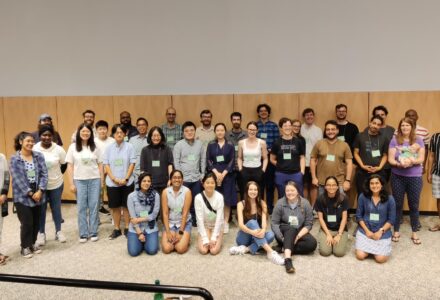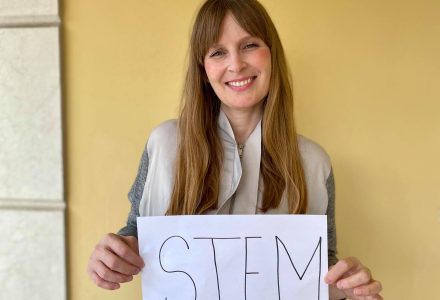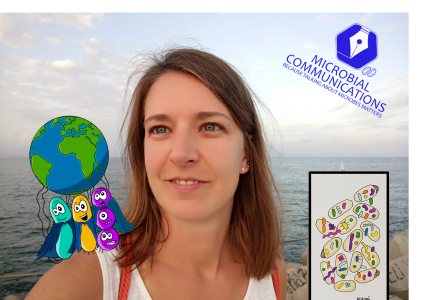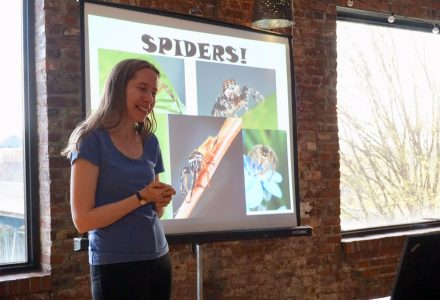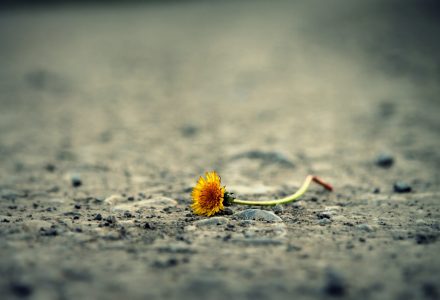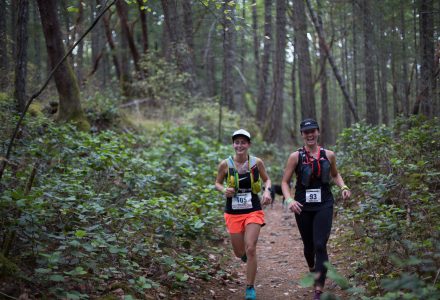
Meet 7 women STEM Scientists with Impactful Contributions in the 21st Century!
Recent research has shown that girls do better than boys at all ages in the STEM subjects. Incidentally they do way better in non-STEM subjects. Also more women than men have dropped out of the workforce while coping with the challenges of remote working due to the covid-19 pandemic. Whatever be the representation of women in science, there is a need to convey the impactful work of women scientists.




